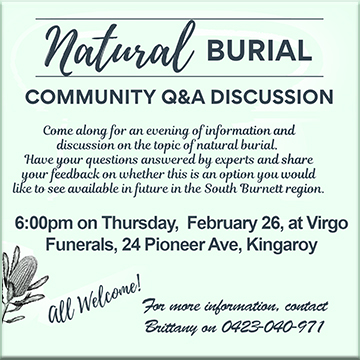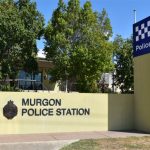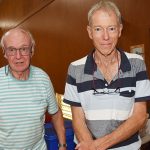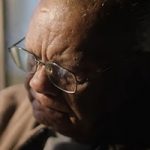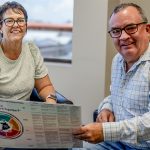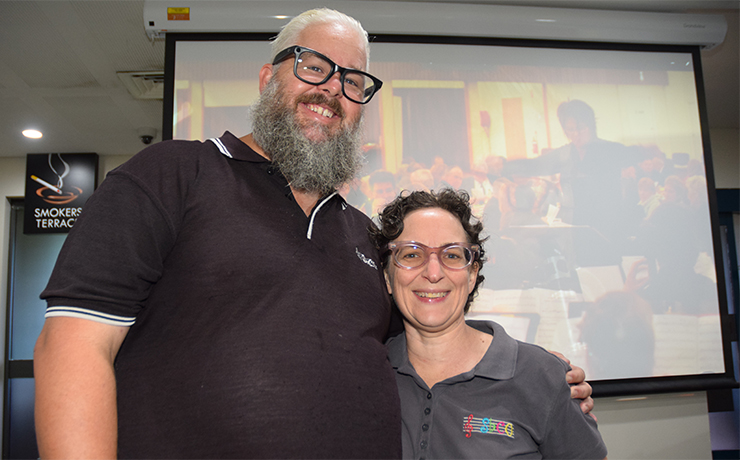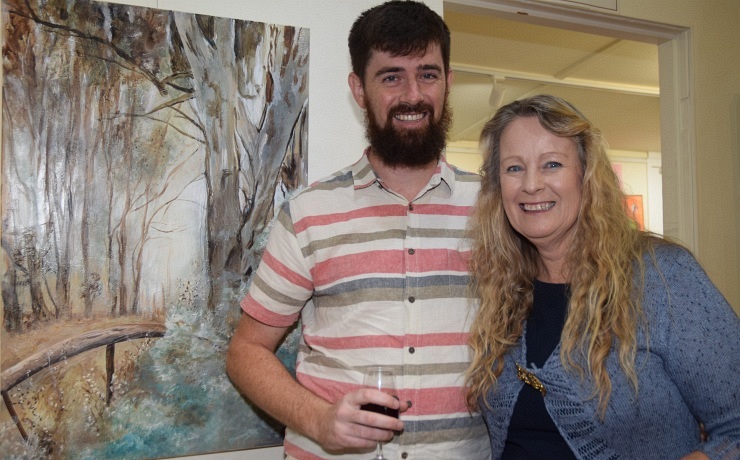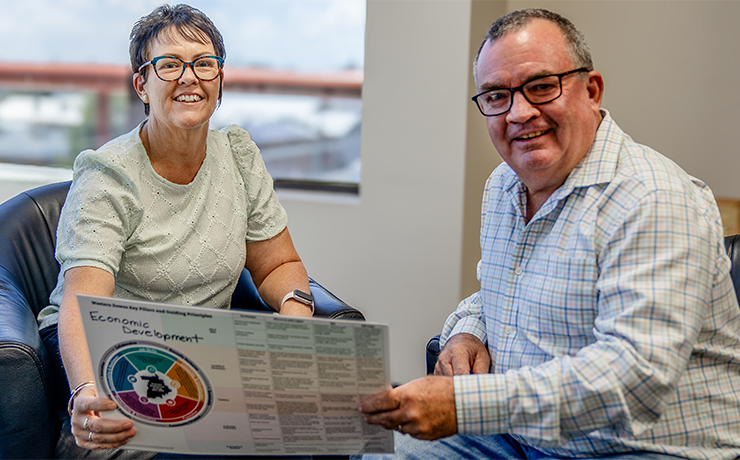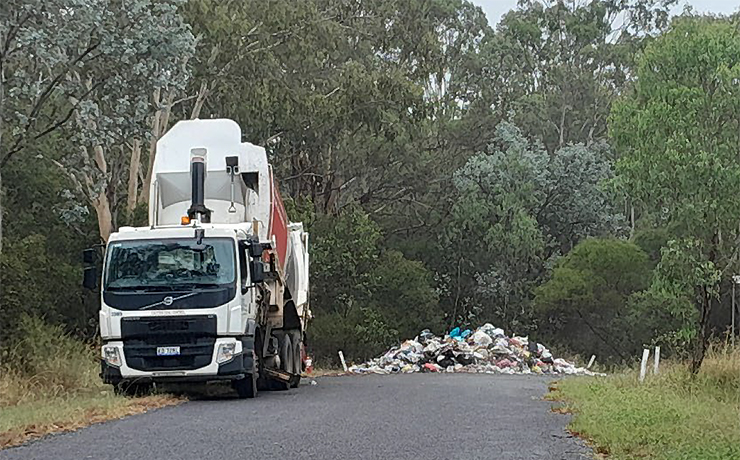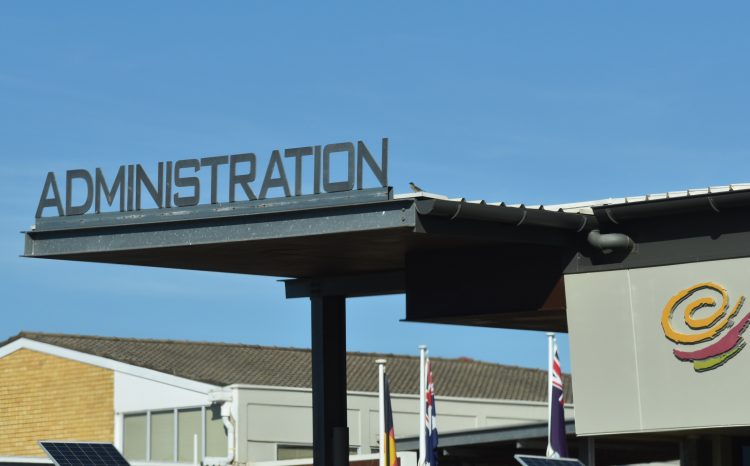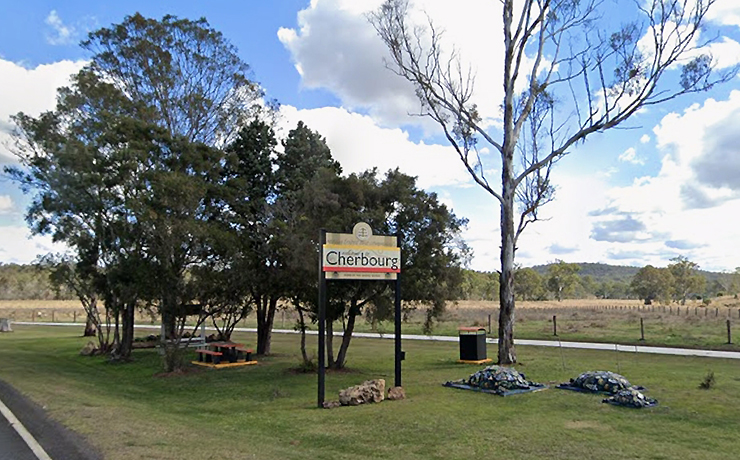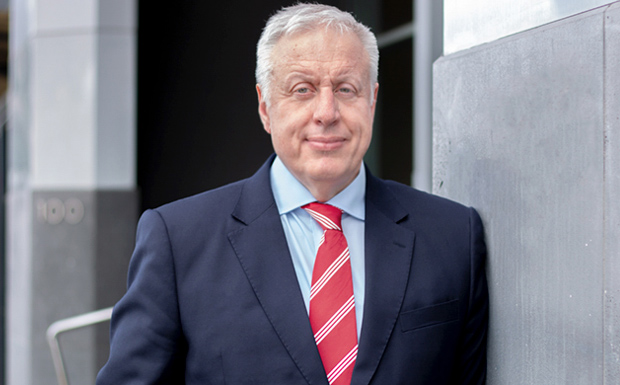
May 21, 2020
The Royal Australian College of General Practitioners (RACGP) has urged Australians not to seek out or use hydroxychloroquine to “cure” or “prevent” COVID-19.
Hydroxychloroquine is a medication used to treat malaria and other conditions including rheumatoid arthritis and lupus.
A similar drug, chloroquine, is derived from the same quinoline molecule and is also used to treat various types of malaria.
The drugs have risen to prominence during the COVID-19 pandemic following reports that billionaire Clive Palmer bought almost 33 million doses of hydroxychloroquine and took out full page advertisements in print media saying the drug could “wipe out the virus”.
News that Australian mining magnate Gina Rinehart had donated $2.6 million to a trial run by the Royal Brisbane and Women’s Hospital Foundation to test the effect of hydroxychloroquine, zinc, the antibiotic azithromycin and high-dose intravenous vitamin C on COVID-19 further fuelled media interest.
US President Donald Trump also confirmed this week he is taking hydroxychloroquine to “ward off” COVID-19, despite public health officials warning it may be unsafe.
RACGP president Dr Harry Nespolon said the drug should not be used to assist in preventing or treating COVID-19.
“It is positive news that this new Australian clinical trial featuring 2000 frontline healthcare workers is now open for volunteers – it’s one of several trials under way. But the evidence base is simply not there to say that this drug can be used to prevent the COVID-19 virus,” he said.
Dr Nespolen said the results of trials to date have proven inconclusive.
“COVID-19 has presented many challenges for public health advocates and health professionals across the world,” he said.
“I can’t believe I have to say this, but please do not follow the lead of the President of the United States.
“There is quite simply insufficient evidence that hydroxychloroquine or chloroquine can ‘cure’ COVID-19.
“The drugs should not be provided to patients outside of a formal randomised clinical trial and I also strongly advise against acquiring these drugs on the dark web or anywhere else.”
Dr Nespolen said when prescribing and using any drug, doctors needed to rely on sound, scientific evidence and make careful determinations of whether the drug can help combat the COVID-19 pandemic.
“We need to exercise extreme caution here. That is one of the reasons why the RACGP supported the Therapeutic Goods Administration’s recent move to place tight new restrictions on who can write prescriptions for these drugs,” he said.
“Some studies have also indicated an elevated risk of serious adverse effects like cardiac arrest.”
Dr Nespolen noted that people sourcing the drug may also produce unintended consequences for other patients who regularly use it for existing medical conditions.
“Before trying to source this drug consider this simple fact: off-label use of hydroxychloroquine can have significant consequences for those who are normally prescribed the drug and really need it,” he said.
“If people rush out and acquire hydroxychloroquine, patients may not be able access it due to inappropriate use reducing stock levels.
“Let me be 100 per cent clear: we need to ensure there is stock available for those who actually need this drug right now.”
Dr Nesplen said another problem doctors have with various COVID-19 “cures” is that they may lull people into a false sense of security.
“Some people may believe that a cure is imminent and fail to properly exercise social distancing responsibilities,” he said.
“Please listen to the medical experts, including your local GP, on how best to handle this pandemic rather than prominent and outspoken advocates of an unproven drug.”
As part of their recently launched Expert Advice Matters campaign, the RACGP has been urging all patients to take care of their wellbeing during the COVID-19 pandemic and listen to the experts for all medical advice.
The campaign advertisement can be viewed online







